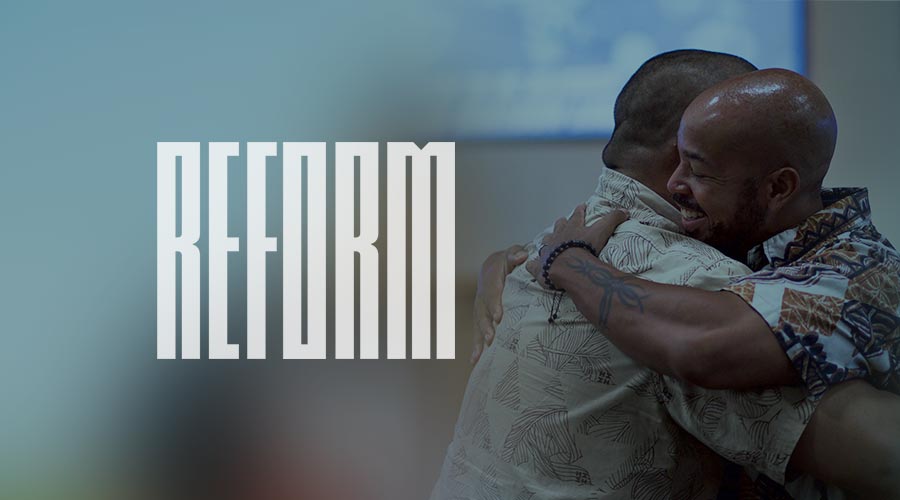In April, the REFORM Alliance, a group launched to transform probation and parole by changing laws, systems and culture, launched “Give Life Back,” a campaign to inform and inspire people to become part of the growing movement to reform the parole and probation system in the United States.
Growing research, like a 2021 report from Human Rights Watch, illustrates how frequently technical infractions of parole winds up landing many people in jail and prison — feeding mass incarceration rather than curtailing it. As part of the new “Give Life Back” campaign, the group released a 90-second film titled “Technically Illegal”, providing a look into the “probation trap.” The launch of the campaign also kicks off a summer filled with activism and events to raise awareness for probation and parole reform. According to REFORM Alliance Chief Executive Officer Robert Rooks, the group and its partners also plan to introduce legislation to reform policies at the federal level. Examples of REFORM Alliance’s past policies include passing California state legislation to mandate evidence-based limits to probation and parole terms, increase pathways for sick and elderly people to safely return home and to expand the use of effective alternatives to incarceration and supervision.
Leading philanthropist Robert F. Smith is a founding partner of REFORM Alliance, displaying his commitment to equity and the reform of a biased criminal justice system. Smith uses his platform as a leader of social justice movements and charitable foundations to advocate for diversity and justice.
Smith is the Founder, Director and CEO of private equity firm Vista Equity Partners. Following the death of George Floyd in June 2020, Smith wrote a public letter to Vista Equity Partners’ staff, in which he recognized the gravity of the moment and stressed the need for further reform. “This has been a heartbreaking and painful week for America,” and a reminder that in our endless pursuit of a ‘more perfect union,’ a great deal of work remains,” Smith wrote.
The Racial Disparities in Probation and Parole Policy
Pew research reveals that 1 in 55 U.S. adults – nearly 2% of the population – was on probation or parole in 2016. This marks an increase of around 239% since 1980. Between 1999 and 2016, the probation population per arrest rose a sizable 28%. In practice, supervision in many parts of the U.S. has become a system to control people who are struggling with an array of economic and health-related challenges, without offering meaningful solutions to those problems.
The Pew research also reveals immense racial disparities: African Americans make up 30% of those on community supervision, but just 13% of the U.S. adult population. Department of Justice evidence also shows that Black offenders spent a longer time in prison awaiting parole compared with white offenders.
An April 2014 report from the Urban Institute showed these pervasive inequities. According to their research, Black probationers were revoked at higher rates than white and Hispanic probationers in all study sites. Moreover, differences in characteristics between Black and white probationers explained 51-80% of disparity across the studied sites. In Dallas County, Texas, 34% of Black probationers experienced revocation, compared to 22% for white probationers. In New York City, Black probationers experienced double the rate of revocation as their white peers.
Moving forward, evidence shows that strong policies can help reform and reduce the parole and probation population. From 2007 to 2016, 37 states experienced simultaneous drops in their community corrections and crime rates. In many of these states, these decreases followed adoption of evidence-based sentencing and corrections reforms that prioritized scarce supervision and treatment resources for higher-risk individuals and invested in risk-reduction programs.
Read more about REFORM Alliance’s summer events, their past legislative wins and further research linking race and probation or parole decisions.






